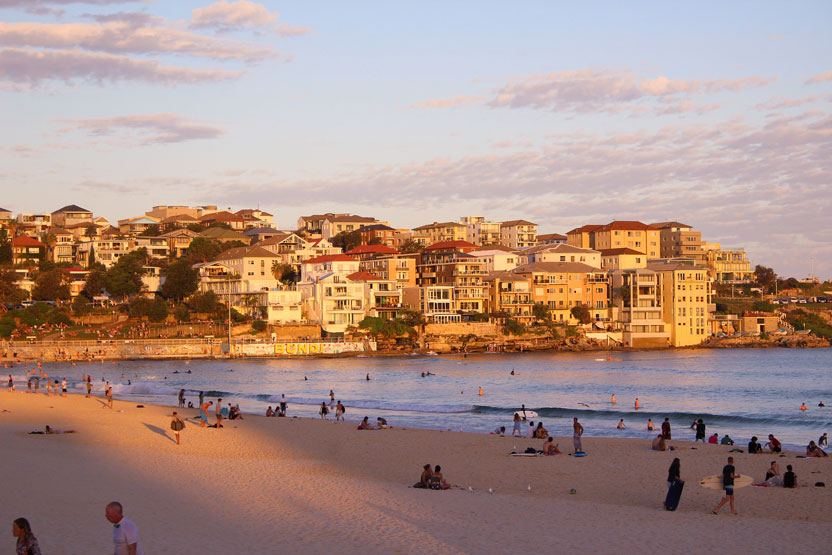Local community needs must not be overlooked as we adapt to climate change
- 3 mins read


Retrofitting existing housing and preparing for coastal inundation and storms are just a few of the issues that need to be considered in community-led approaches to climate change adaptation in Australia. Photo: Pixabay
The needs of local communities are at risk of being overlooked as Australia grapples with how to adapt to climate change, according to leading climate change adaptation experts.
The finding follows a series of recent meetings of national leaders hosted by Future Earth Australia, a program of the Australian Academy of Science.
Leaders from across the private and finance sectors, all levels of government, Indigenous communities, land management, social services and universities in all states and territories gathered from 13 to 16 July 2020 for ‘Securing Australia’s Future: Reimagining Climate Adaptation’.
The meetings, which come ahead of a planned National Adaptation Summit in 2021, took stock of Australia’s successes, failures, opportunities and pathways for adapting to a changing climate, with a focus on the role of community-led approaches to adaptation.
Australian National University Emeritus Professor Stephen Dovers said there has long been a national focus on climate science, when what was needed was a shift to also prioritise the social adaptation needs for local communities.
“One example is the need to retrofit housing for variable climates,” said Emeritus Professor Dovers, who is past Chair of the Steering Committee of Future Earth Australia.
“Some local communities feel resilient and well-adapted to looming climate change shocks, but not others. We know that there is a desire among local communities to engage in the planning that is underway to adapt to a future that will see a drastically different climate and environment.”
University of Sydney Professor David Schlosberg said meeting participants found that a forward-looking approach to adaptation requires engaging community values and vulnerabilities, in addition to climate risks, and to be working towards an actionable and tangible agenda that benefits local communities.
“Good adaptation policy requires recognition of both the variety of knowledge types necessary to build adaptation pathways, and the role of different sectors—economic, social, environmental and cultural—in developing and implementing policy and action,” said Professor Schlosberg.
Meeting participants also found:
- there is a clear role for top down leadership from the Australian Government, in conjunction with well supported and financed local or regional ‘bottom up’ initiatives
- a strong policy framework is necessary from governments at all levels, to enable the necessary and broader social and community engagement.
Future Earth Australia Director, Dr Tayanah O’Donnell, said adaptation had come into sharp focus in the wake of the unprecedented bushfire season experienced in the summer of 2019–20, and now the COVID-19 pandemic, with both having ongoing, profound impacts on our wellbeing and economy.
“Effective adaptation in Australia acknowledges that increasing bushfire risk is only one dimension of climate change adaptation. Coastal inundation, storms, drought, heatwaves, business viability in a low carbon economy, biosecurity issues, and increased threats to human health, also demand coordinated attention,” Dr O’Donnell said.
“The bushfires and COVID-19 are major disruptions which have presented an unusual opportunity to consider how Australian society can prepare and act to adapt to these complex challenges.
“These roundtables are the start of a longer conversation and national agenda setting strategy being led by Future Earth Australia at the Australian Academy of Science.”
The National Adaptation Summit in 2021 will be hosted by the University of Sydney, Western Sydney University and Future Earth Australia.
Future Earth Australia has today opened public submissions on this topic. The consultation, which is open until 30 October 2020, seeks contributions on the successes, failures, opportunities and pathways for adaptation, with a particular interest in learning about community-led approaches taking place.





